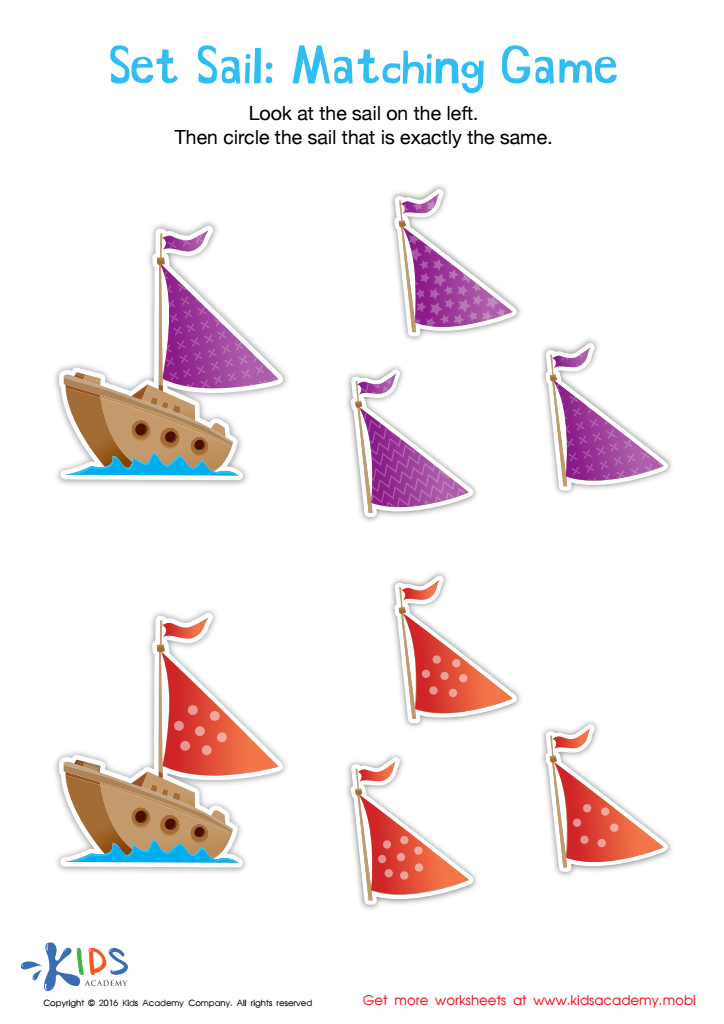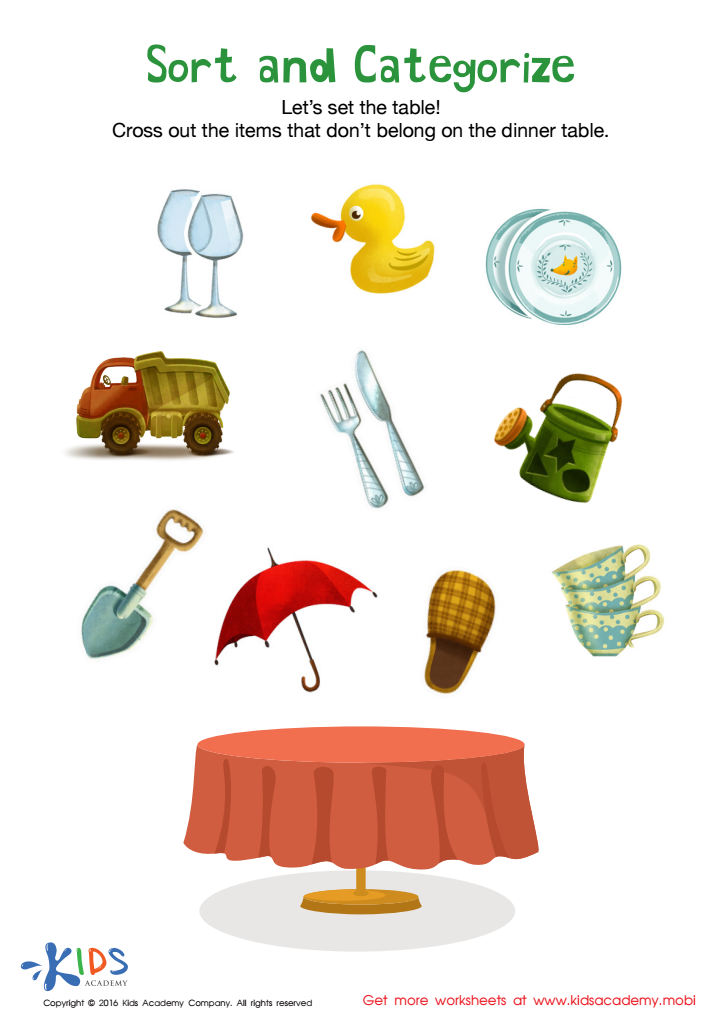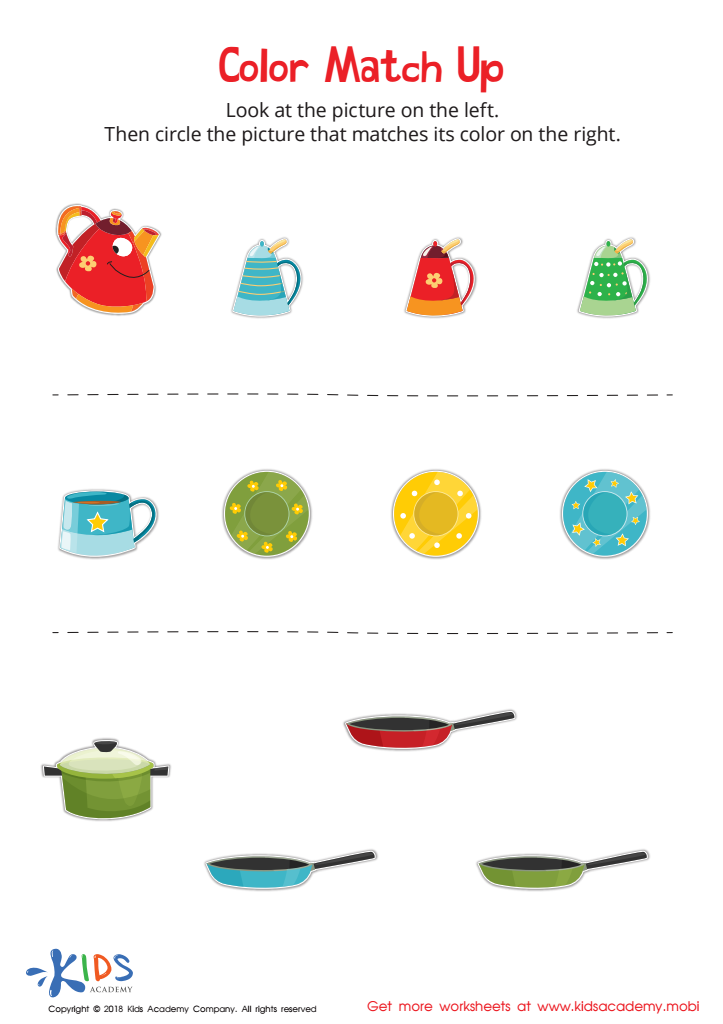Fine Motor Skills Normal Matching Worksheets for Ages 3-9
4 filtered results
-
From - To
Our "Fine Motor Skills Normal Matching Worksheets for Ages 3-9" are designed to enhance your child's dexterity and hand-eye coordination through engaging, age-appropriate activities. Perfect for preschool and elementary students, these printable worksheets offer a variety of matching tasks that support fine motor development. Each task helps children improve their pencil grip, precision, and focus, crucial for handwriting and daily activities. Fun and educational, these worksheets cater to a broad age range and align with developmental milestones. Incorporate them into your child's routine for an enjoyable learning experience that fosters essential early skills. Download now for endless learning fun!


Set Sail Worksheet


Frog Countdown Worksheet
Fine motor skills, which involve the coordination of small muscles in the hands and fingers with the eyes, are crucial in early childhood development. For children ages 3-9, fine motor skills enable them to perform everyday tasks essential for learning and independence, such as writing, buttoning clothes, cutting with scissors, and using utensils. Proper development of these skills during this formative period lays the groundwork for more complex tasks in later life.
Parents and teachers should prioritize fine motor skills because they directly influence academic performance. For example, handwriting is a critical skill in early education, and strong fine motor control is necessary for legibility and speed. Additionally, engaging in fine motor activities can improve hand-eye coordination and cognitive development by enhancing focus, precision, and problem-solving skills.
Activities like puzzles, drawing, and playing with building blocks or clay significantly contribute to these skills. Teachers can also embed fine motor practices into the curriculum through hands-on activities. At home, parents can encourage these developments through daily tasks and play. By attending to fine motor skill development, parents and teachers facilitate not only academic success but also boost children’s confidence and independence, setting them up for ongoing personal and educational growth.
 Assign to My Students
Assign to My Students






















